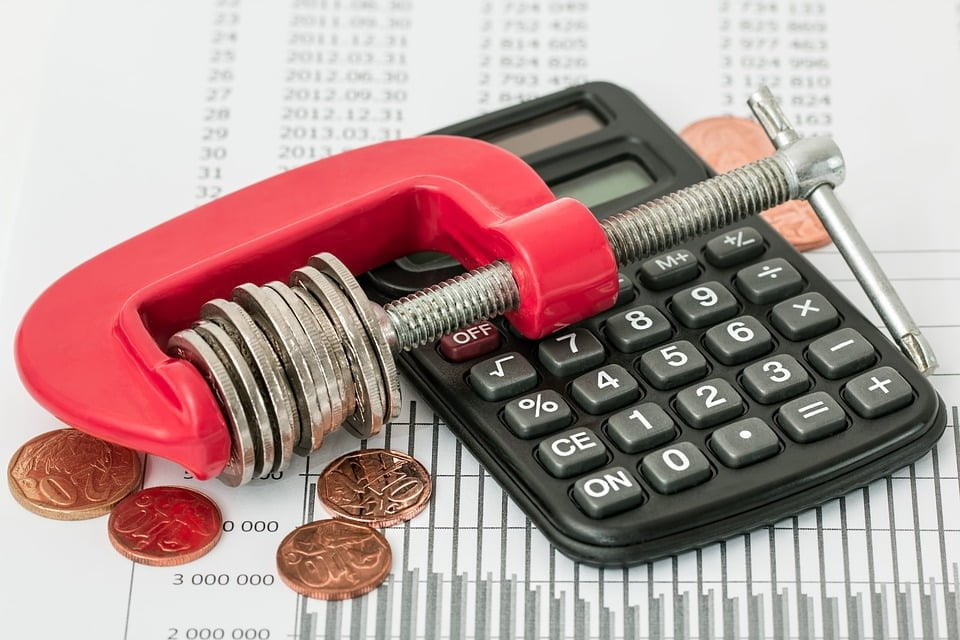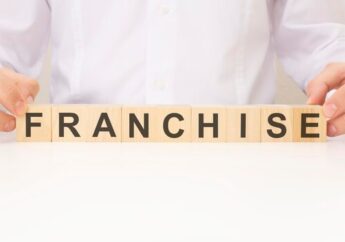Tips for Having a Fruitful Meeting on Business Tax Planning With Your Accountant
by Abdul Aziz Mondal Business Development Published on: 14 November 2017 Last Updated on: 08 November 2024

Business taxes might appear a onetime affair, which it indeed is, but you must not put the issue on the back burner during the rest of the year. Business tax is complicated, and you must always keep thinking about it lest it goes out of sight and creates problems later. Instead of waiting for the time of filing the tax returns to arrive, you should work your way towards meeting the targeted date of filing returns by starting the procedure early.
The process begins with a meeting your accountant who should be familiar with your business figures. He must have a fair idea about the way you run the business. The sooner you can prepare for the meeting better it would be for keeping taxes under control and ensure compliance. Tips about how you should prepare for the meeting as outlined in this article should help you to navigate through the process confidently.
The right time for the first meeting
Following the advice of experts, you should have the first tax-planning meeting at the beginning of the year, preferably within the first quarter. In the absence of firm figures of profitability, purchases, and expenses, you can use figures available from projections that you can make based on the previous year’s performance. The plan you create will be a conservative one but will help to make provisions that work in your favor. When you start early, you can take advantage of making estimated payments based on the tax returns of the previous year. Quarterly reviews would follow that help in fine-tuning the final taxes to pay.
Business tax is related to your personal tax planning
Discuss your personal tax planning along with business tax planning because there is a close link between the two. The business income reflects on your personal tax return. Therefore, the total tax burden that you face will depend on both aspects of business income as well as personal income. Carry your latest personal tax return with you when you attend the meeting for business tax planning.
Documents and information you must carry
The purpose of the tax-planning meeting is to understand the current tax and work out the projected tax that you have to pay when you complete the year. Carry documents related to previous year’s business tax together with figures and information of the current year. The essential documents that you should carry are the balance sheet, profit and loss account statement that forms the basis of all business taxes, information about your home office and detailed information about your business assets. Expenses incurred in buying business assets qualify for a deduction of tax up to $2500. You can also claim a simplified deduction on home office space.
Topics for discussion
Before you engage in the discussion, know the professional charges that you have to bear for filing tax returns. Discuss tax shelters like SIMPLE-IRA or SEP-IRA and any additional information that you or the accountant feels necessary. Do not forget to check about additional tax return forms.



































































































